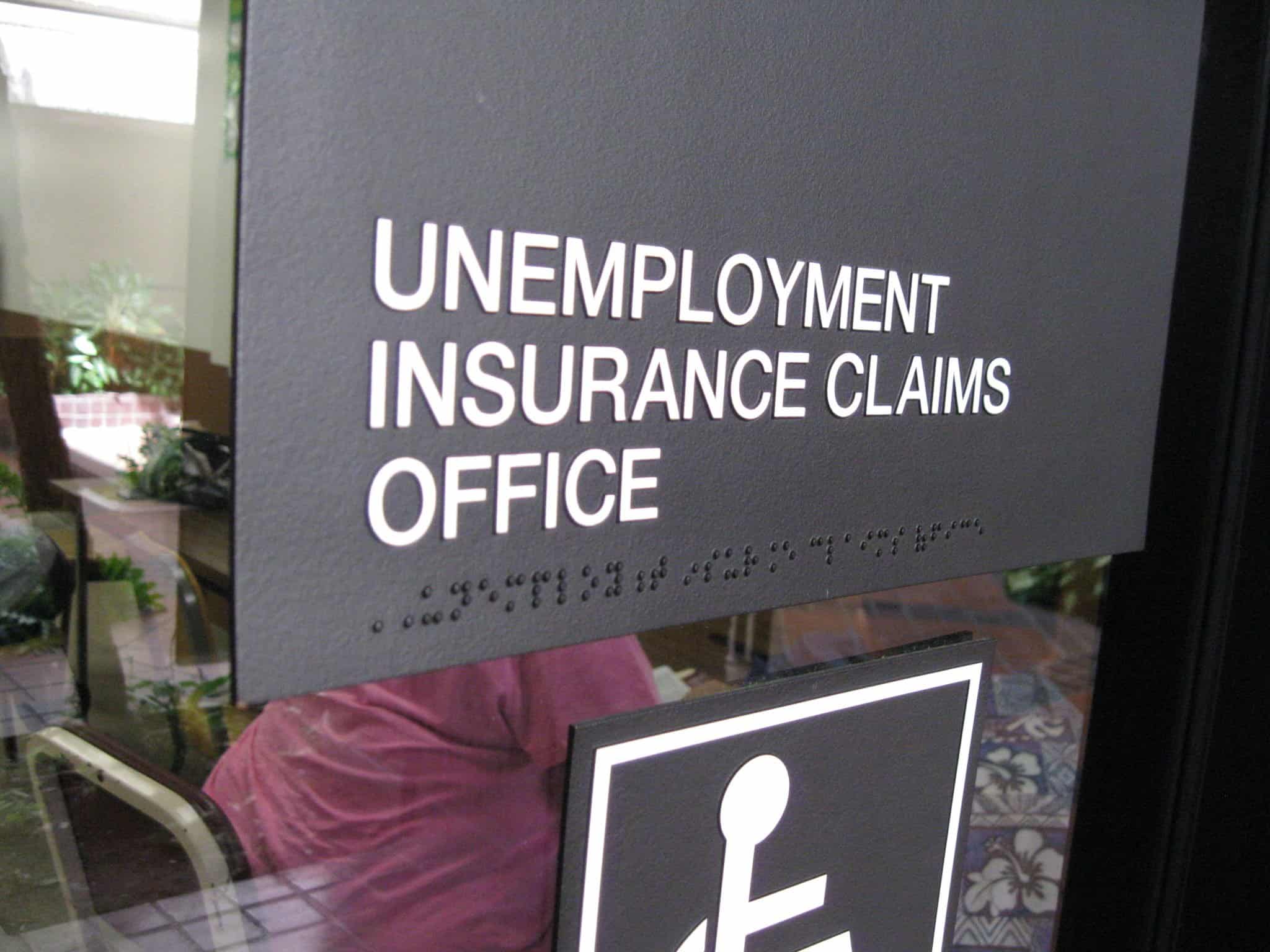Deanna Krokos is a student at Harvard Law School
Today, the New York Times reported on the state of unemployment payments in Florida, calling the state a “terrible” place to lose a job. Florida is one of the slowest states in the nation to handle unemployment claims, and seems to have been unprepared to handle the economic impact of COVID-19. As workers lost their jobs and filed new claims, Florida’s electronic unemployment filing system failed and hundreds lined up outside to attempt to file in person before the state began to offer paper applications. NYT notes that of over 850,000 claims filed, the state has only begun sending payments to 117,000 now unemployed workers. Unite Here Local 355, a union representing Florida hotel and casino workers, told the New York Times that “98% of its 7,000 members” had been laid off. The state has also been slow to establish a separate system for gig workers to file for benefits, as many are left with no income.
This week, Washington Post provided further updates on the outbreaks in meat processing plants. Wapo reports that many plant operators instructed workers to remain in crowded workplaces even when sick, and failed to provide adequate protective gear to their employees. These plants have become significant sources of outbreaks, and Tyson, JBS ad Smithfield have closed a collective 15 plants because of coronavirus spread. Meat production is a vital source of employment for many rural areas, and crucial to the nation’s food supply, making the failure to proactively protect meat workers a tragedy. One Smithfield worker wrote in a Wapo editorial that Smithfield continued to discipline workers who requested sick leave well into the crisis and that Smithfield operators ignored state guidance of safety equipment and social distancing orders.
The Internal Revenue Service is recalling furloughed workers this week, asking thousands to return to agency offices to perform essential functions. The recall is voluntary, but the IRS is offering incentive pay to meet the high demand to process tax filings during the extended filing period. Some House Democrats have warned that the move is hasty, noting that the government admits they don’t have enough immediate supply of personal protective equipment for all of the recalled workers, and the IRS is urging employees to bring personal masks with them to work.






Daily News & Commentary
Start your day with our roundup of the latest labor developments. See all
February 27
The Ninth Circuit allows Trump to dismantle certain government unions based on national security concerns; and the DOL set to focus enforcement on firms with “outsized market power.”
February 26
Workplace AI regulations proposed in Michigan; en banc D.C. Circuit hears oral argument in CFPB case; white police officers sue Philadelphia over DEI policy.
February 25
OSHA workplace inspections significantly drop in 2025; the Court denies a petition for certiorari to review a Minnesota law banning mandatory anti-union meetings at work; and the Court declines two petitions to determine whether Air Force service members should receive backpay as a result of religious challenges to the now-revoked COVID-19 vaccine mandate.
February 24
In today’s news and commentary, the NLRB uses the Obama-era Browning-Ferris standard, a fired National Park ranger sues the Department of Interior and the National Park Service, the NLRB closes out Amazon’s labor dispute on Staten Island, and OIRA signals changes to the Biden-era independent contractor rule. The NLRB ruled that Browning-Ferris Industries jointly employed […]
February 23
In today’s news and commentary, the Trump administration proposes a rule limiting employment authorization for asylum seekers and Matt Bruenig introduces a new LLM tool analyzing employer rules under Stericycle. Law360 reports that the Trump administration proposed a rule on Friday that would change the employment authorization process for asylum seekers. Under the proposed rule, […]
February 22
A petition for certiorari in Bivens v. Zep, New York nurses end their historic six-week-strike, and Professor Block argues for just cause protections in New York City.